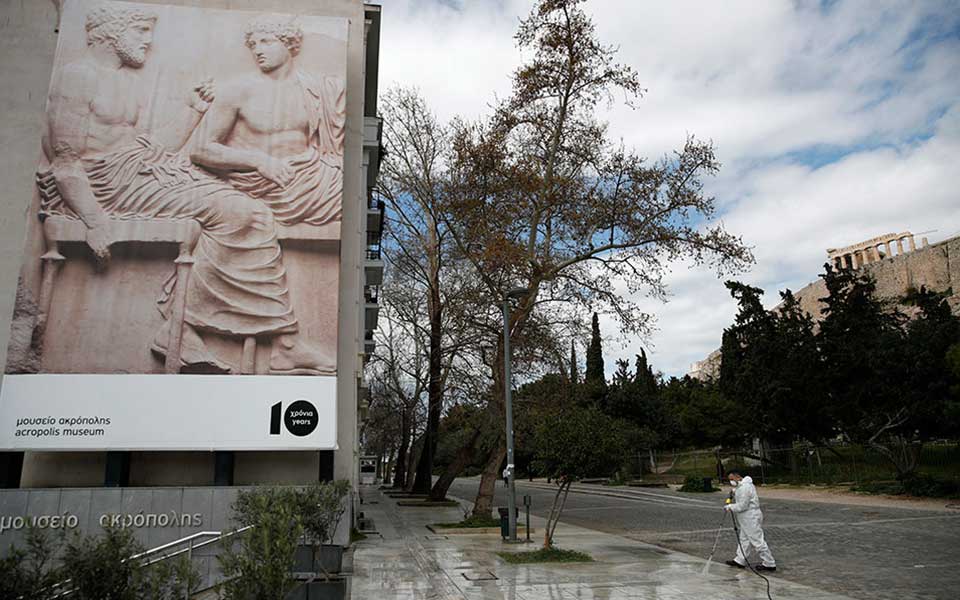The efficiency and flexibility demonstrated by the Greek government from the start of the coronavirus outbreak has generated a new sense of confidence in the country and helped build relationships of trust, both within and beyond its borders. That this development is helping to promote the brand “Greece” as a safe destination for investments and for tourism is becoming increasingly apparent in a growing wave of positive publicity in international media, in comments from foreign leaders and diplomats, and in the interest being reported in new and ongoing projects.
The plans being drawn up by Prime Minister Kyriakos Mitsotakis and his staff for restarting the economy and limiting the damage of lockdown measures will include steps for building on this positive momentum in order to attract more investment, more visitors and more human capital. The plan also envisions transforming the country’s economic model through investments in human resources and technology.
Advances in digital governance and remote services and operations prompted by the lockdown have already improved productivity and cut costs in many sectors, while customer services are continuing to improve and the labor market is becoming more flexible and efficient, argues George Tsopelas, managing director for Greece and Cyprus at McKinsey & Company.
In the meantime, new trends, particularly with regards to international supply chains and the re-shoring to Europe of business activities that had been transferred to lower-cost countries, could also benefit Greece in the long term. A European Council meeting, held on April 23, concluded that “it is of utmost importance to increase the strategic autonomy of the Union and produce essential goods in Europe.” Indeed, Greek exporters note that the country has already seen a rise in exports of agricultural and manufactured products, after replacing other suppliers that were unable to meet demand. Exports of intermediate products and ores have also increased.
In the area of tourism, Greece is already acknowledged as being among the safest destinations, thanks to its successful containment of the coronavirus compared to rival destinations such as Italy, Spain and Turkey. Safety, solidarity, efficiency and responsibility are words that are becoming even more strongly associated with Greece, reports Ioanna Dretta, CEO of Marketing Greece. “Together with other enduring qualities like… hospitality and a love for life, man and nature, Greece has succeeded in generating priceless intangible capital through the pandemic. It is this added value that we now need to… utilize to the benefit of the economy, foreign investments, international relations and tourism.”
The real estate market also stands to benefit from Greece’s new international image, according to the CEO of the Greek branch of American realtor Pepper, chartered surveyor Thomas Ziogas. “There are clear indications that demand for investments in Greece is rising steadily, as foreign and local investors have shown that they are remaining active, even amid the lockdown.” He also points to a growing demand for logistics facilities, “not just as a result of the country becoming a European gateway, but also of because of the giant leap in e-commerce.” In terms of residential real estate, foreign interest is “undiminished in vacation homes and in cities in the context of the Golden Visa program, and has been strengthened by improvements in the national health system and the effective management of the pandemic.”
The planned upgrade of healthcare services in Greece will certainly bolster its image as a safe destination, not only for health, recovery and rehabilitation tourism, but also as a retirement destination, according to PricewaterhouseCoopers Greece CEO Marios Psaltis. He adds that, in addition to accelerating investment in public health, the crisis has highlighted the need for more medical research programs and additional support for hospitals. “This is an area that the country could invest in by developing university hospitals and using European funding, while repatriating Greek scientists to realize this effort.”
This article was first published in Greek by kathimerini.gr












